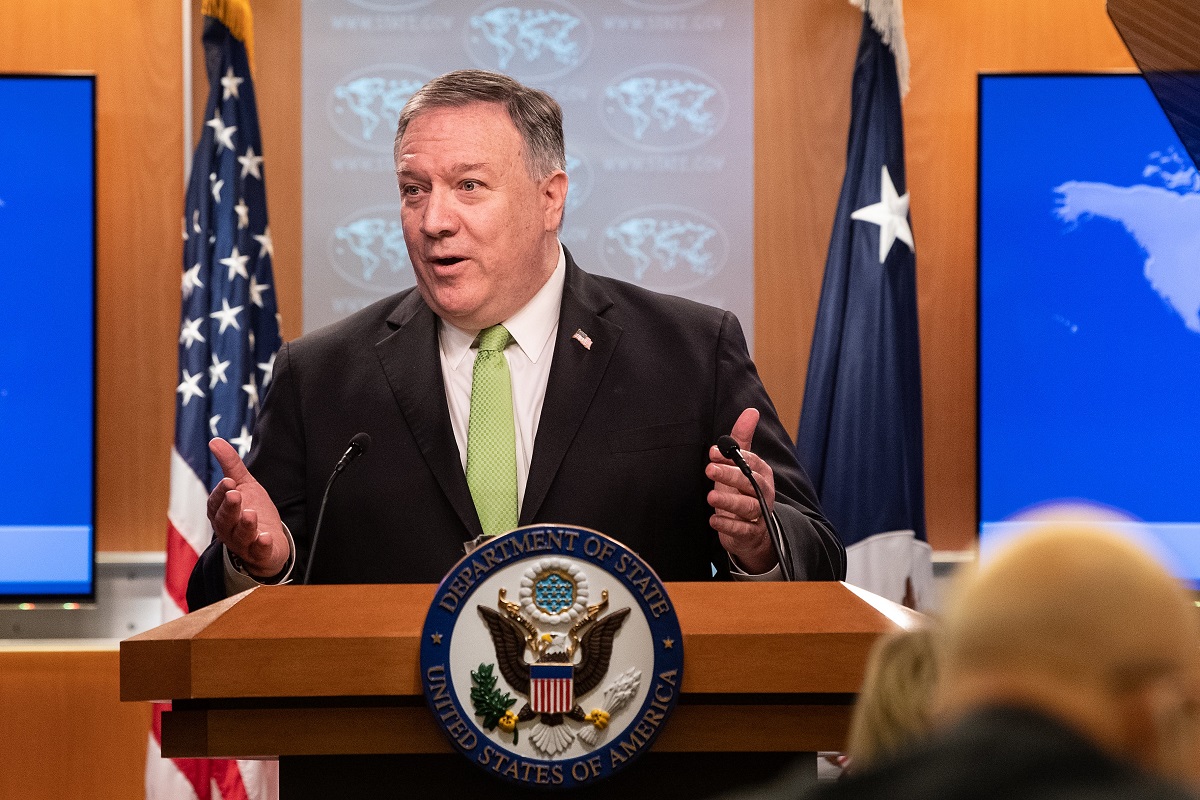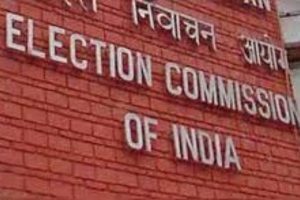The United States on Friday said that it was restricting visas for a number of Chinese officials, accusing them of infringing on the autonomy of Hong Kong.
Secretary of State Mike Pompeo said the United States would restrict visas for unspecified current and former officials of the Chinese Communist Party “who were responsible for eviscerating Hong Kong’s freedoms.”
Advertisement
Pompeo further added that the officials who were targeted were “responsible for, or complicit in, undermining Hong Kong’s high degree of autonomy,” which Beijing promised before regaining control of the territory in 1997″.
China is moving forward on a security law that would enforce punishment over subversion and other perceived offenses in Hong Kong, which saw massive and occasionally destructive pro-democracy protests last year.
Pompeo’s action comes one day after the US Senate approved a bill that would lay out economic sanctions against Chinese officials and Hong Kong police as well as banks that do transactions with them.
Last month, Pompeo described China’s announcement to tighten its control over Hong Kong as unilateral, arbitrary and disastrous.
On May 22, China proposed a national security law for Hong Kong in response to last year’s violent pro-democracy protests that plunged the city into its deepest turmoil since it returned to Chinese rule in 1997.
The proposal, which has been condemned by the United States and Hong Kong pro-democracy figures as an assault on the city’s freedoms, was tabled on the opening day of the week-long National People’s Congress.
Earlier, Pompeo had also said that the proposed law, which China’s rubber-stamp legislature was expected to act on quickly, would be a “death knell for the high degree of autonomy Beijing promised for Hong Kong.”
The law gives China the authority to curb secession, subversion, terrorism, and foreign interference, something that was observed in pro democracy protests which gripped the city last year, according to the reports.
Hong Kong has been gripped for several years by political unrest and demonstrations, which had been gaining momentum in the months leading up to the coronavirus outbreak, which led to them being suspended.











